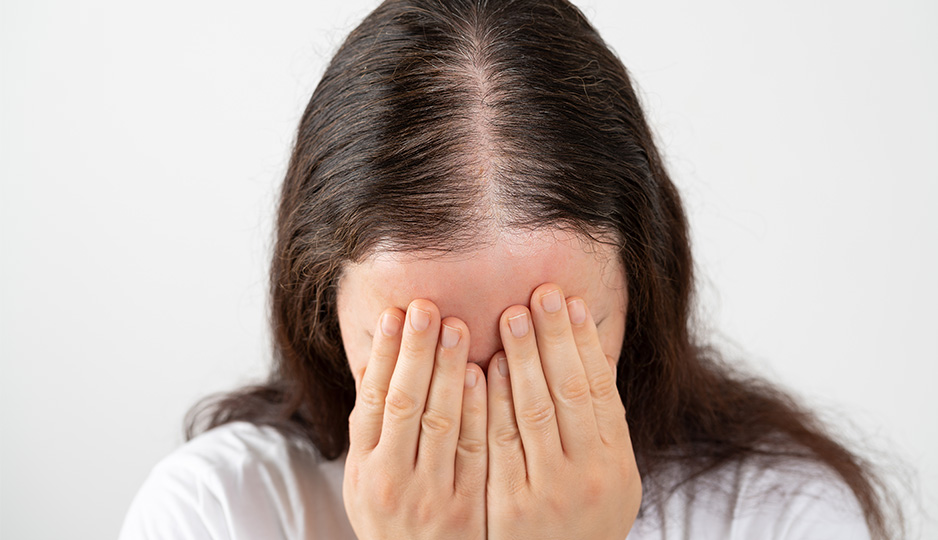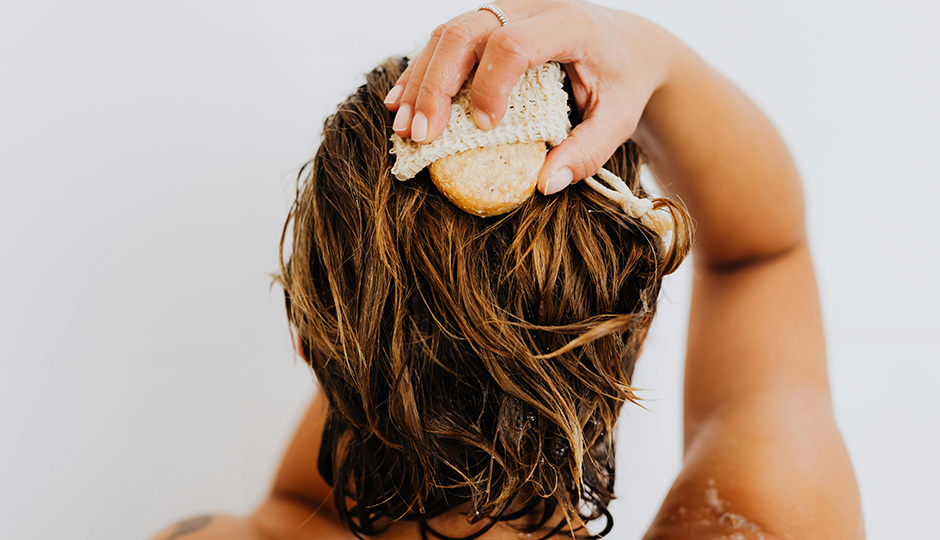Growing up, you probably heard your mom or dad tell you about the importance of getting enough vitamins—about how vitamins help you grow up to be big, strong, and healthy. Well, that’s as true in adulthood as it is in childhood. Taking the right vitamins is necessary to keep all the parts of your body functioning as intended. And that includes your hair!
Sadly, many of us don’t quite get the vitamins we need, and the results can be dire. Vitamin D deficiency is especially common. When we don’t get the Vitamin D that we need, it can have a negative impact on our hair follicles, among other things—and that can lead to suboptimal hair health and growth.
The Importance of Vitamin D
It is difficult to overstate the role Vitamin D plays in the human body. With sufficient Vitamin D, our body functions properly, your cells and organs working as they are supposed to. Without the right level of Vitamin D, however, your energy levels, your overall health, and even your physical appearance can be impacted. What you need to know about Vitamin D and your hair is simply this: It’s a critical nutrient for maintaining a healthy head of hair.
That’s because Vitamin D helps in every stage of hair growth. Any deficiency in Vitamin D, then, can lead to a slowdown in your hair’s growth, and can even cause some hair thinning. As your current hair falls out—which is natural—there may not be enough new hair to replace it.
The bottom line: If your hair isn’t growing as fast as it once did, you might stop and consider whether you have enough Vitamin D in your diet. The answer to your hair loss problem could really be that simple.
Addressing the Issue
The question is, how much Vitamin D should you be consuming?
The short answer: At least 15 micrograms each day. Note that 100 micrograms is a level considered to be dangerous, so you do want to regulate your intake a bit. If you’re not hitting 15, though, then you may wish to start taking some supplements, or else changing your diet to include more Vitamin D-rich foods. Even better: You can make it a priority to go outside and expose yourself to sunlight a bit more often, as this is the best way to get normalized Vitamin D doses.
Meanwhile, if hair loss is something you’re dealing with—whether you think a vitamin deficiency is the culprit or not—then you are invited to come speak with one of our consultants. We’ll help you determine what’s causing your hair loss—and where to go next for a solution.



